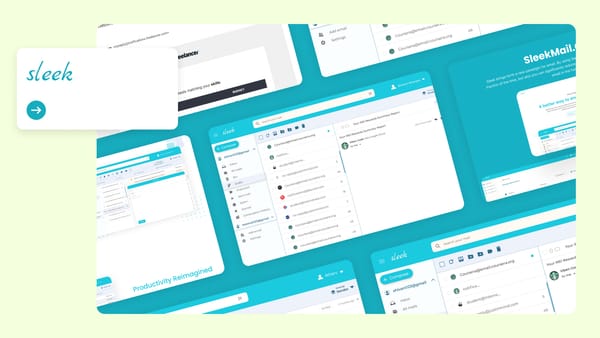AI-Powered Customer Support Chatbots

Enhancing Customer Service with Conversational AI in the E-commerce Industry
Overview
The e-commerce industry has experienced meteoric growth over the past decade, revolutionizing the way consumers shop and businesses operate. As competition intensifies, customer service has emerged as a critical differentiator. Companies are striving to provide quick, accurate, and personalized support to retain customers and build loyalty. Generative AI-based chatbots have become a potent tool in achieving this goal, offering the promise of 24/7 service, reduced costs, and enhanced customer satisfaction.
Problem Statement
E-commerce companies face significant challenges in providing timely and high-quality customer support. Traditional customer service channels often struggle with high volumes of inquiries, leading to long wait times and dissatisfaction. Furthermore, human agents require extensive training and are subject to fatigue and inconsistency. The need for a scalable, efficient, and reliable customer support solution is paramount to maintain competitive advantage and enhance customer experience.
Solution Overview
Generative AI-powered chatbots offer a comprehensive solution to the pressing challenges faced in e-commerce customer support. By leveraging advanced natural language processing (NLP) and machine learning algorithms, these chatbots can understand and respond to a wide array of customer inquiries in real-time. They can handle common queries related to order status, refunds, and product information, allowing human agents to focus on more complex issues. This leads to significantly reduced wait times and improved response accuracy, enhancing overall customer satisfaction. From a business perspective, implementing AI-powered chatbots translates to cost savings and operational efficiency. Automating routine tasks can drastically reduce the need for a large customer support workforce, leading to lower staffing costs and fewer overheads. Additionally, chatbots are available round-the-clock, ensuring that customers receive support whenever they need it, thereby increasing engagement and potentially higher sales. Furthermore, the data collected from these interactions can provide invaluable insights into customer behavior and preferences, enabling better decision-making and personalized marketing strategies. In terms of implementation, deploying AI chatbots requires integrating them with existing customer relationship management (CRM) systems and training them on historical data to ensure accurate responses. Companies need to choose the right platform that offers scalability and customization to adapt to their specific requirements. Regular updates and continuous learning mechanisms are crucial to keep the chatbot efficient as customer needs and language use evolve. By investing in the development and maintenance of AI chatbots, e-commerce companies can stay ahead in a competitive market by fundamentally transforming their customer service dynamics.





